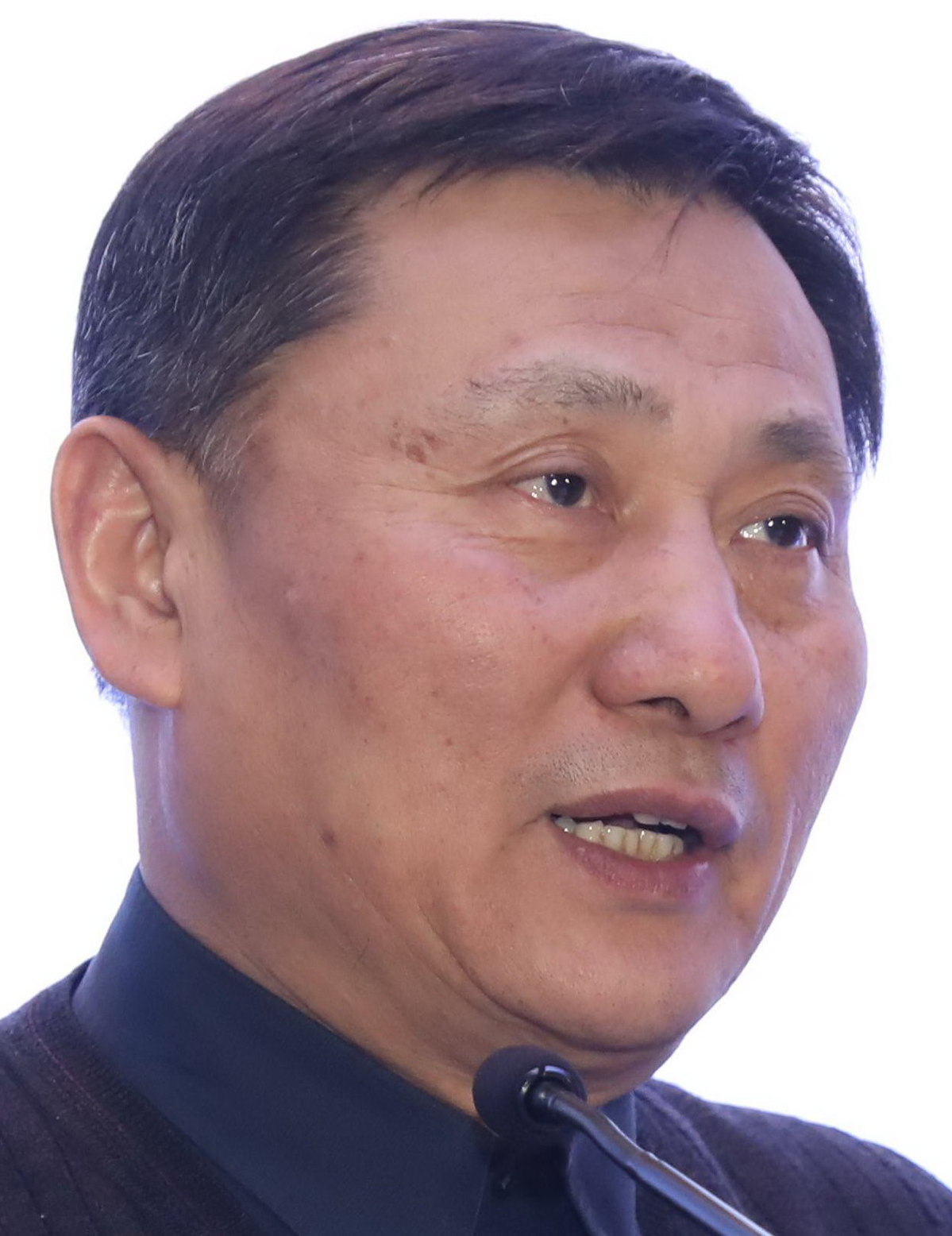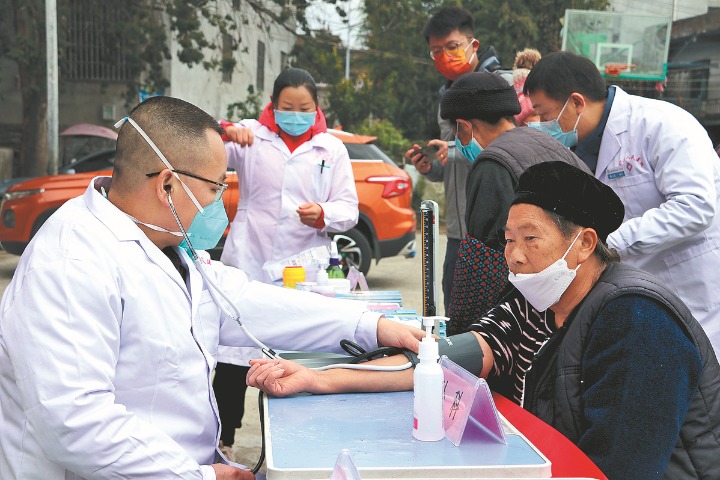No proof COVID-19, Kawasaki disease are linked

There is no clinical evidence linking COVID-19 and Kawasaki disease, a rare illness that mostly affects children below age 5 by causing inflammation in their blood vessels and may damage the heart in serious cases, a senior cardiologist said.
Medical workers should also be mindful of COVID-19 patients with cardiovascular diseases, as data from China shows they have a relatively high chance of deteriorating into severe cases, Huo Yong, a noted cardiologist at Peking University First Hospital, said.
Kawasaki disease is relatively more common in Asian countries, said Huo, also a member of the National Committee of the Chinese People's Political Consultative Conference.
The disease recently garnered international attention after foreign media reported a number of children and young adults with COVID-19 from hard-hit Western countries showing symptoms similar to Kawasaki disease, fueling speculation that COVID-19 may be a cause.
"Both Kawasaki disease and COVID-19 can elicit severe inflammatory symptoms in multiple systems. Hence, it is understandable for people to associate the two," Huo said.
However, having treated many children with the rare disease, Huo said the two ailments have very different pathogenesis, and it is highly unlikely they are connected.
While COVID-19 mainly attacks the respiratory organs, Kawasaki disease manifests in the cardiovascular system-most notably in the coronary artery, which can lead to the thinning of the blood vessel or even cause heart attacks. The condition is so typical that enlargement of the coronary artery has become one of the gold standards for diagnosing Kawasaki disease.
"I have done invasive procedures for children with Kawasaki disease as young as a year old, and coronary artery bypass grafts for children at age 5," Huo said, adding that the disease affects more boys than girls, and around 20 to 30 percent of children with the syndrome may develop cardiovascular conditions such as aneurysms-the ballooning and weakening of an artery.
"If diagnosed early, children with Kawasaki disease can be treated with anti-inflammatory and immune suppressants, and they can recover nicely and go on to have healthy lives," he said. However, Western pediatricians might not be as knowledgeable about the rare disease, so more international dialogue and collaboration is very important, he said.
Since the COVID-19 pandemic began, Huo said he and his colleagues have published five guidelines related to managing and treating COVID-19 patients with cardiovascular diseases and shared them with experts from 68 countries.
The documents included protective guidelines for cardiologists when treating infected patients, how to treat infected patients with heart attacks and how to utilize chest pain centers and other medical facilities during the pandemic.
The guidelines also cover how to use extracorporeal membrane oxygenation, a life support machine that pumps and oxygenates a patient's blood from outside the body, as well as how to nurse infected patients with cardiovascular diseases.
"Many data from around China have shown that patients with underlying conditions, especially those with cardiovascular diseases and cancer, have a significantly higher risk of becoming severe or critical coronavirus cases," Huo said. "The COVID-19 infection simply makes their situations even worse."
For a cardiologist, the infection that causes COVID-19 is particularly difficult to treat because it can lead to severe blood clots, damage the heart muscle and cause serious inflammation, he said.
"It is a lot different from anything we have encountered before," Huo said. "Right now, there is no effective cure or prevention measure against the disease. What we can do is identify the issues and create specific treatment plans targeting these problems."
Huo said there is no conclusive evidence supporting the high-profile drug candidate chloroquine and its variant hydroxychloroquine in preventing or treating COVID-19.Hydroxychloroquine recently made headlines when United States President Donald Trump said he has been taking the drug to prevent the illness.
A large observational study published in the journal Lancet last month said COVID-19 patients treated with chloroquine and hydroxychloroquine were more likely to die or develop ventricular arrhythmias, a dangerous condition in which the heart beats abnormally.
"Chloroquine is a really old drug, but its application to treat COVID-19 is very new," Huo said. "The drug has some adverse effects for the skin, liver and heart, and it is irresponsible and unscientific to recommend this drug to the populace without enough evidence."
He said his proposals at this year's two sessions, the annual meetings of China's top legislature and its top political advisory body, focused on extending some social mechanisms in China's handling of COVID-19 to also cover chronic diseases such as cardiovascular diseases, cancer and diabetes. These mechanisms included better prevention and early detection measures, better public education and close monitoring of patients.
"The COVID-19 epidemic has killed over 4,000 people in China, but cardiovascular diseases kill more than 4 million people in the country every year, and yet many people do not take them as seriously because they are chronic diseases that kill over time," he said, adding that over 60 percent of patients who died of cardiovascular diseases did so outside of hospital.
"If we can implement more robust detection, management and education efforts, like we did with COVID-19, we can save a lot of lives. We need a public health system that incorporates disease prevention, patient management, treatment and emergency response in a holistic manner."
Please feel free to contact us by sending your questions to question@chinadaily.com.cn or commenting on China Daily app. We will ask experts to answer them.














